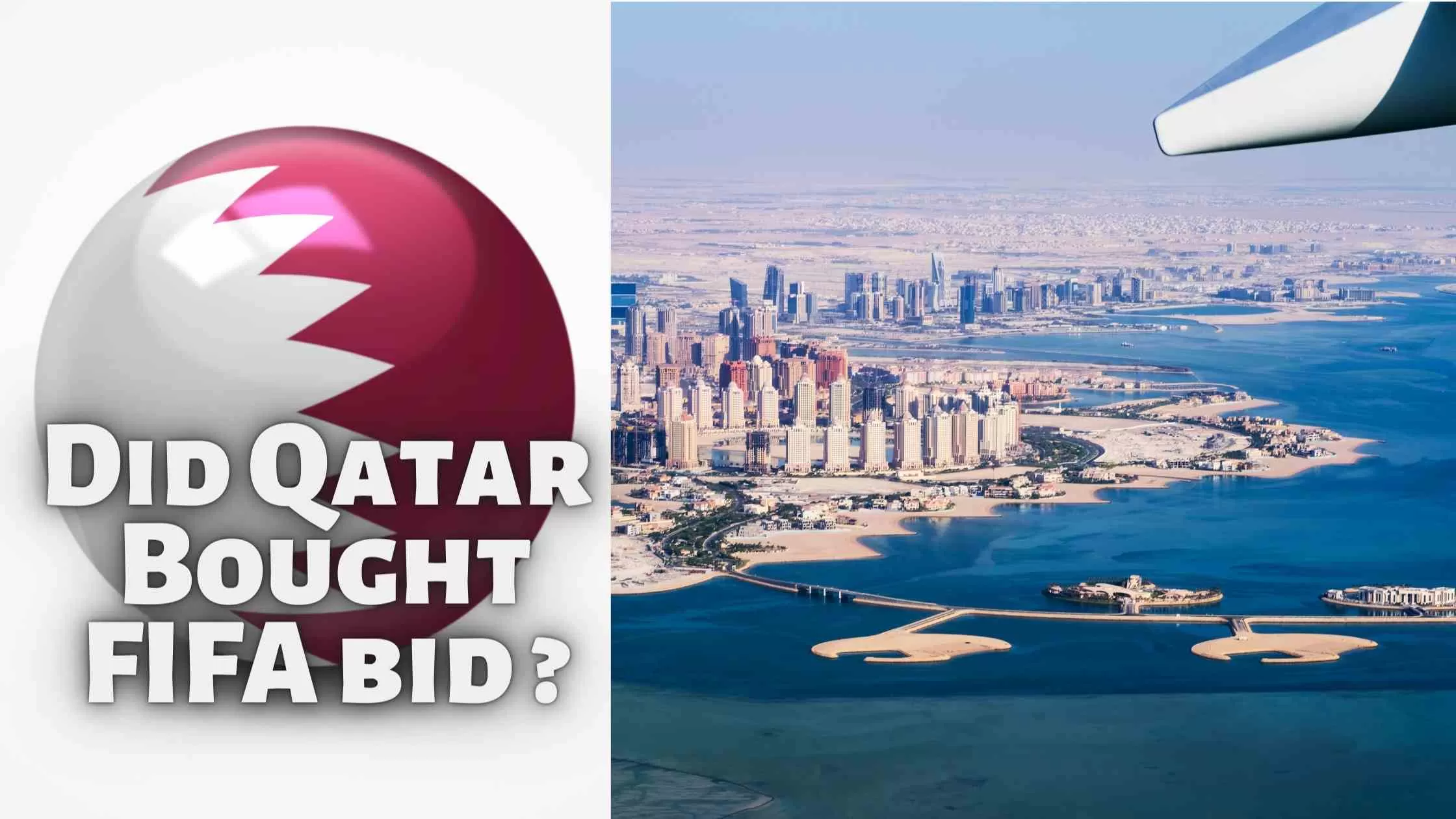Controversial FIFA World Cup bid by Qatar: Many people believe that the spark that ignited the revolutionary idea of Qatar hosting the FIFA World Cup in 2022 was lit on November 17, 2010. On this date, there was a friendly international match played between Argentina and Brazil in Qatar, and it was well organized. Sepp Blatter, FIFA’s president at the time, expressed his support for holding the FIFA World Cup in Arab countries. Only Qatar exhibited and had the vision to go ahead with this, despite the fact that it was initially assumed that a unified offer from major Arab countries would be submitted.
Sepp Blatter said on November 17 2010 –
“The Arabic world deserves a World Cup. They have 22 countries and have not had any opportunity to organize the tournament”. Blatter also praised Qatar’s progress: “When I was first in Qatar there were 400,000 people here and now there are 1.6 million. In terms of infrastructure, when you are able to organise the Asian Games (in 2006) with more than 30 events for men and women, then that is not in question”.
Later, On 2 December 2010, it was announced that Qatar will host the 2022 FIFA World Cup.
Also, read – Effect Of FIFA World Cup On Qatar’s Economy
Controversial FIFA World Cup bid by Qatar
The English FA’s Lord Triesman brought forward allegations of corruption on the part of two members of the FIFA Executive Committee in May 2011. These accusations were based on details provided by a whistleblower with reference to the Qatar’s FIFA world cup hosting bid. Sepp Blatter, the former head of FIFA, acknowledged in 2011 that there was broad support for rerunning the Qatar-winning 2022 election.
According to testimony given in May 2011 to a UK legislative inquiry board, Jack Warner of Trinidad and Tobago and Nicolás Léoz of Paraguay requested $4 million and an honorary knighthood, respectively, in return for their votes.
Jacques Anouma of the Ivory Coast and Issa Hayatou of the Cameroon were each given $1.5 million to assist Qatar’s candidacy for the competition, according to two Sunday Times reporters who testified in court. The accusations have been refuted by all four.
Mohammed bin Hammam, who was instrumental in Qatar’s ability to host the games, withdrew from consideration to be FIFA’s president in May 2011 after allegations that he had paid 25 FIFA officials to support him.
Mohammed bin Hammam, who was instrumental in Qatar’s ability to host the games, withdrew from consideration to be FIFA’s president in May 2011 after allegations that he had paid 25 FIFA officials to support him. Following these charges, FIFA banned both Bin Hammam and Warner. In response to his punishment, Warner questioned Blatter’s behavior and said that FIFA Secretary General Jerome Valcke had also informed him that Qatar had purchased the 2022 World Cup.
In a later statement, Valcke denied making the suggestion that it was bribery and said that the nation had instead “used its financial muscle to lobby for support.”
Officials from Qatar vehemently rejected any wrongdoing and maintained that those who opposed having the World Cup in Qatar are motivated by enmity and distrust.
In a June 2014 interview with German media, Akbar Al Baker, CEO of Qatar Airways, claimed that “the country is not getting the respect it deserves over its efforts to hold the World Cup and that the Qatari Emir strictly punishes and forbids instances of corruption and bribery with a zero-tolerance policy.”
Just 21 days before FIFA declared that Qatar would host the 2022 World Cup, Al Jazeera, the state-run television network in Qatar (now beIN Sport), allegedly made a covert $400 million bid to FIFA for the broadcasting rights.
The agreement also included a covert TV agreement between FIFA and Qatar’s state-run media outlet Al Jazeera, according to which $100 million would only be sent into a designated FIFA account if Qatar is successful in its bid to host the 2010 World Cup. Three years after the first offer, the government of the State of Qatar added another $480 million, bringing the total amount of money pledged by Qatar to host the 2022 World Cup to $880 million.




